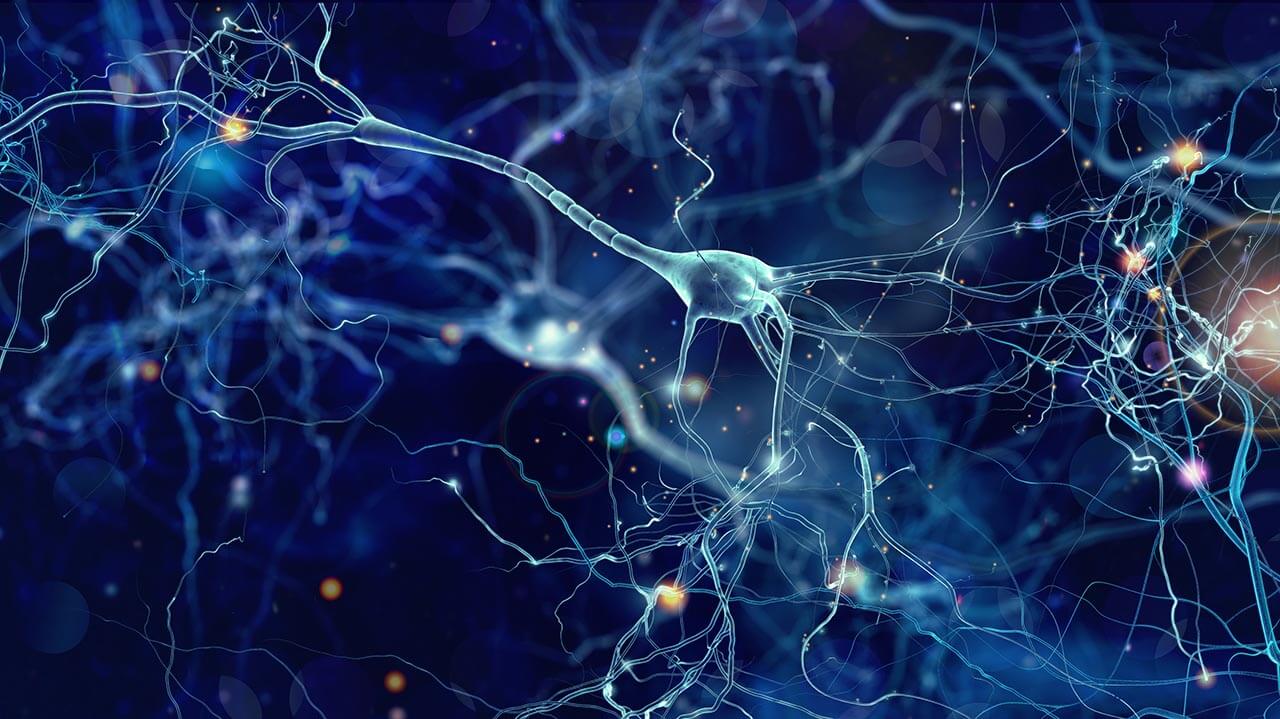Once an individual has completed a neuropsychological evaluation, the test results are analyzed and a detailed report is generated. The report describes the person’s performance on each test, what their performance means regarding brain function, and how their strengths and weaknesses may affect daily functioning.
The neuropsychologist will meet with the individual to provide feedback on test results, review recommendations for improving daily functioning and treatment plan, and answer questions. The report is sent to the referring physician and to anyone else (such as work or school) whom the individual authorizes to have the results. However, the individual’s information is not released without written permission to do so.
Frequently, recommendations will be made for improving memory, problem-solving, or attention. If necessary, the neuropsychologist can provide appropriate referral for therapeutic interventions such as cognitive rehabilitation or cognitive behavioral therapy.
Recommendations may also include referrals to a physician (e.g. internist, psychiatrist or neurologist) for medical treatment, an occupational or speech therapist for rehabilitative therapy, or a counselor for psychotherapy.






